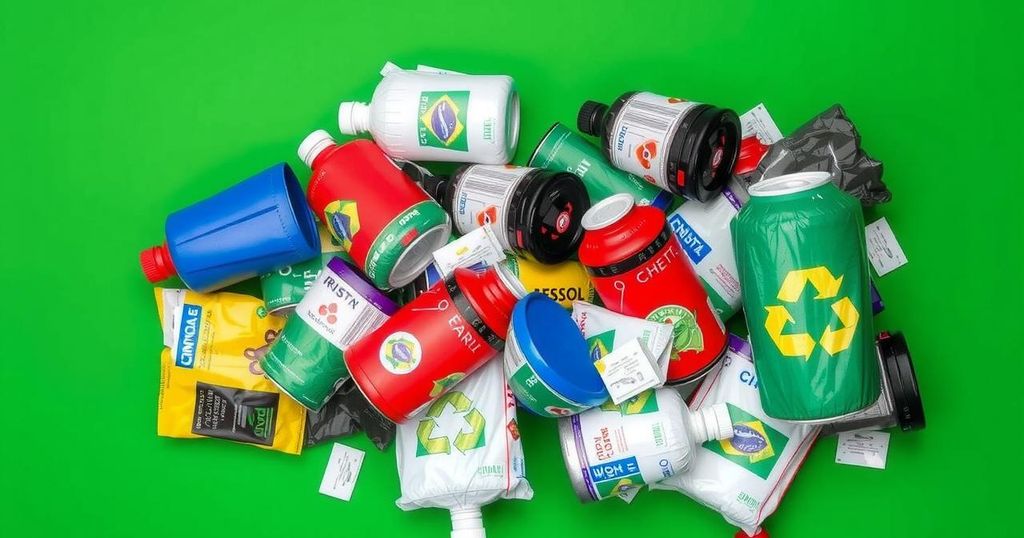Brazil’s Recycling Incentive Law: New Ordinance Enhances Sustainability Efforts

The Brazilian Ministry of Environment and Climate Change has released a new ordinance to regulate the Recycling Incentive Law, offering tax deductions for recycling project support. Proposals may be submitted by various eligible entities, with required details including project objectives and budgeting between R$50,000 and R$8 million. Approved projects will have execution terms of up to three years, promoting diverse participation in recycling efforts.
The Brazilian Ministry of Environment and Climate Change has introduced Ordinance GM/MMA No. 1,250/2024 to govern the presentation and evaluation of projects falling under the Recycling Incentive Law. This ordinance stipulates that submitted proposals must conform to the objectives established by Law No. 14,260/2021 regarding recycling industry incentives, thereby maximizing their impact on sustainability initiatives. Furthermore, the ordinance details the mechanisms of tax deductions available for entities participating in recycling initiatives, allowing individuals up to 6% and corporations up to 1% of their income tax to be allocated towards recycling projects.
Eligible participants in this program include a diverse group of organizations, ranging from waste collectors to educational institutions, and public agencies. Proposals must include comprehensive project plans detailing objectives, target audiences, and expected outcomes, with a budget range set between R$50,000 and R$8 million. Submission is facilitated via the Partnership Management System, and successfully approved projects may receive funding for a term of up to three years.
The Recycling Incentive Law aimed at enhancing Brazil’s recycling initiatives represents a significant development in the country’s environmental policy. Legal frameworks such as Law No. 14,260/2021 and Federal Decree No. 12,106/2024 establish the foundational structure for incentivizing the recycling industry through financial deductions. By implementing such legislation, Brazil seeks not only to improve recycling rates but also to engage various sectors in environmental sustainability, ultimately contributing to climate change mitigation efforts on a global scale.
In conclusion, the enactment of Ordinance GM/MMA No. 1,250/2024 marks a pivotal step in supporting the recycling industry in Brazil. By providing clear guidelines and incentivizing diverse stakeholders to engage in recycling projects, the government aims to significantly enhance the efficacy of waste management and environmental sustainability practices. The potential for substantial financial support, combined with rigorous project requirements, signals a robust commitment to fostering a circular economy within the nation.
Original Source: www.mayerbrown.com








